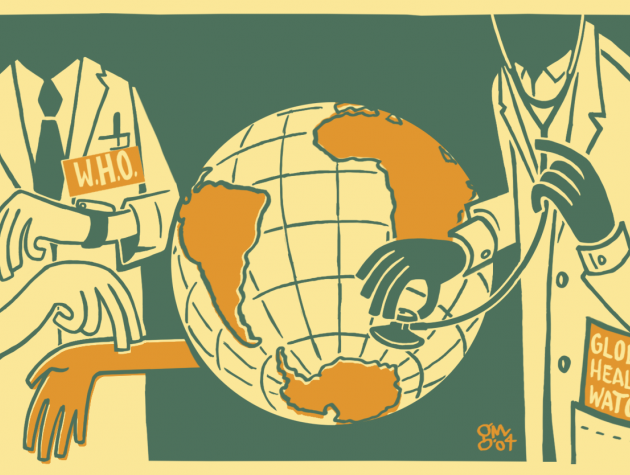The Battle Against Hunger (2008), Oxford University Press
Full Title: The Battle Against Hunger: Choice, Circumstance, and the World Bank
Author: Devi Sridhar
Type: Book
Abstract
We live in an increasingly prosperous world, yet the estimated number of undernourished people has risen, and will continue to rise with the doubling of food prices. A large majority of those affected are living in India. Why have strategies to combat hunger, especially in India, failed so badly? How did a nation that prides itself on booming economic growth come to have half of its preschool population undernourished?
Using the case study of a World Bank nutrition project in India, this book takes on these questions and probes the issues surrounding development assistance, strategies to eliminate undernutrition, and how hunger should be fundamentally understood and addressed.
Throughout the book, the underlying tension between choice and circumstance is explored. How much are individuals able to determine their life choices? How much should policy-makers take underlying social forces into account when designing policy? This book examines the possibilities, and obstacles, to eliminating child hunger.
This book is not just about nutrition. It is an attempt to uncover the workings of power through a close look at the structures, discourses, and agencies through which nutrition policy operates. In this process, the source of nutrition policy in the World Bank is traced to those affected by the policies in India.
Author Bio
Devi Sridhar is a Senior Lecturer in Global Health Policy at the University of Edinburgh and a Senior Research Fellow at the Blavatnik School of Government at Oxford University. She currently leads the global governance workpackage of the EU FP7 project Go4Health (Setting health-related development goals beyond 2015) and is PI of the project 'Research Priorities to Reduce Global Child Mortality: Integrating Governance and Epidemiology'.
Reviews
"...a powerful analysis..." - Geert Tom Heikens, Lancet
In ‘What to Read on Foreign Aid‘, John Gershman describes the book as a ‘richly textured’ ethnography, writing:
‘Sridhar provides both a quantitative and qualitative analysis of a World Bank–funded nutrition program in India that, despite a lack of evidence for its effectiveness, has become the blueprint for similar programs elsewhere. She shows how the political objectives of both Indian policymakers and nutrition-policy advocates within the World Bank explain the expansion and replication of a program that fails to address the social conditions responsible for undernutrition in India and other countries.’





